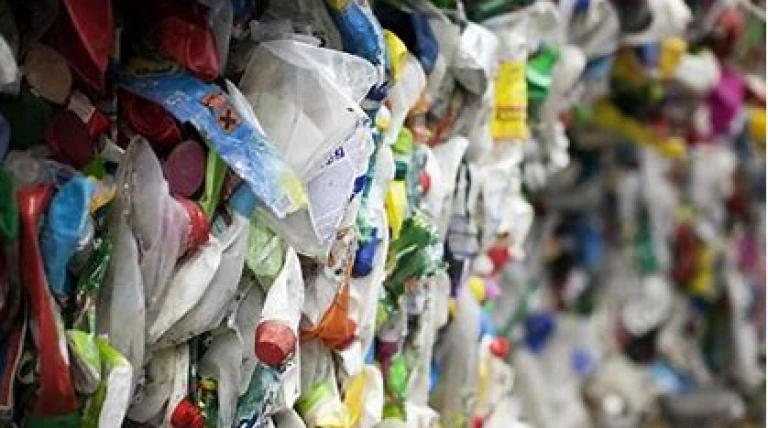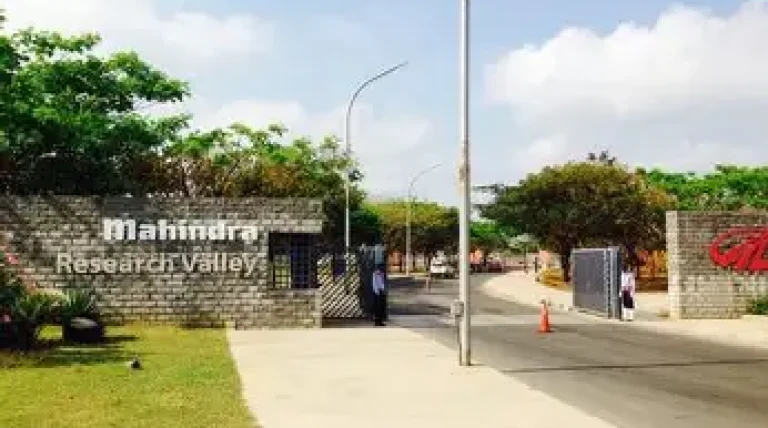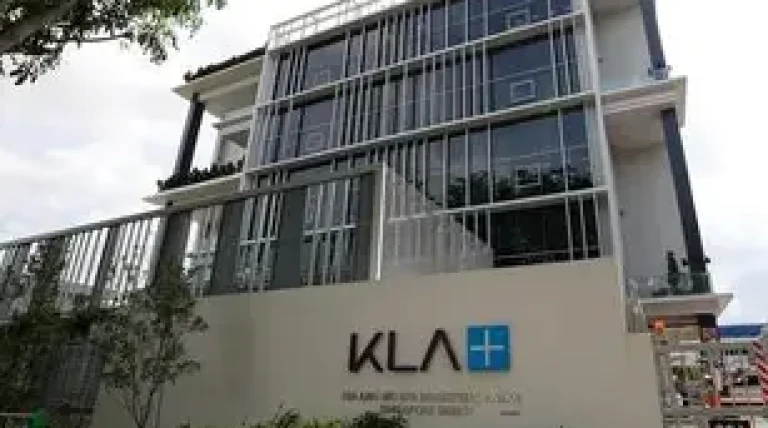As part of the broader New Scheme of Petrochemicals, the Department of Chemicals and Petro-Chemicals is implementing the Plastic Parks Scheme to support the growth of India’s plastic processing industry through a cluster development approach.
The initiative aims to establish need-based Plastic Parks equipped with state-of-the-art infrastructure and shared facilities. These parks are designed to attract investment, boost production and exports, create employment, and enhance domestic manufacturing capabilities.
Under the scheme, the Government of India provides grant funding of up to 50% of the project cost, subject to a ceiling of ₹40 crore per project. These funds are directed towards infrastructure development and promoting industrial clusters for increased efficiency and scale.
State governments are invited to submit preliminary proposals detailing location, cost, and financials. Upon in-principle approval by the Scheme Steering Committee, a Detailed Project Report (DPR) must be submitted by the implementing agency for final clearance based on project viability. The projects are typically implemented through Special Purpose Vehicles (SPVs) formed by State Industrial Development Corporations or similar agencies.
States are actively promoting private sector participation by offering competitive land pricing, tax incentives, and conducting outreach programmes. The parks include common infrastructure such as:
Effluent treatment plants
Solid and hazardous waste management systems
Plastic recycling units
Incinerators
Several parks also feature in-house recycling facilities to manage plastic waste sustainably.
A Plastic Park is defined as a designated industrial zone for plastic-related enterprises. These parks play a crucial role in promoting recycling, managing plastic waste, and enabling sustainable, eco-friendly growth in the chemicals and plastics sectors.
To date, 10 Plastic Parks have been approved across various states.
News by Rahul Yelligetti.
![{[setting('site_name')]}](https://projxnews.com/uploads/setting/16983847711140531930.webp)












